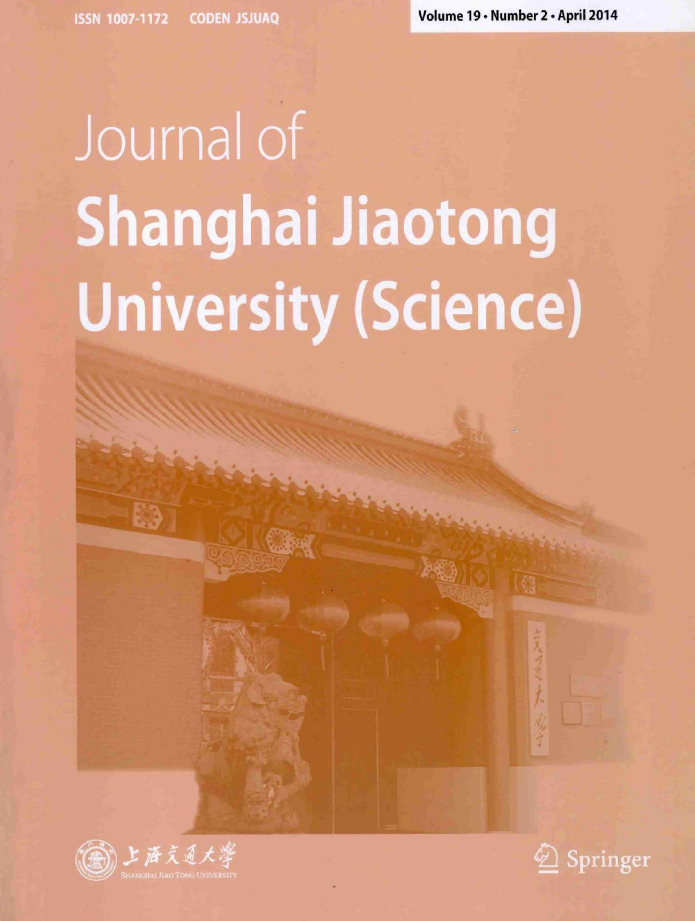|
|
Scaling Analysis of Thermal-Hydraulics for Steam Generator Passive Heat Removal System
ZHOU Yuan1,2* (周 源), LIN Meng1 (林 萌), CHEN Jin-bo1 (陈金波), WANG Han-lin1 (王汉林)
2014, 19 (2):
219-225.
doi: 10.1007/s12204-014-1492-8
Steam generator passive heat removal system (SG-PHRS) is used as a passively safe mode to provide
decay heat removal in some advanced pressurized water reactors. Due to the structure characteristics of steam
generator (SG), there are two natural circulation loops coupling in SG-PHRS in case of a safety-related event. The
existing natural circulation scaling criteria could be used to simulate the natural circulation inside SG. Two-phase
natural circulation loop is studied carefully, and the dominant effects of SG on behaviors of natural circulation in
passive heat removal system are presented. Based on the understanding of SG-PHRS operation, system pressure
transient scaling and two-phase natural circulation scaling are analyzed by establishing the relevant continuity,
integral momentum and energy equations in one-dimensional area-averaged forms. With modified equations,
similarity criteria for SG-PHRS are obtained for engineering application. In addition, equal height simulation and
reduced height simulation are studied.
References |
Related Articles |
Metrics
|

